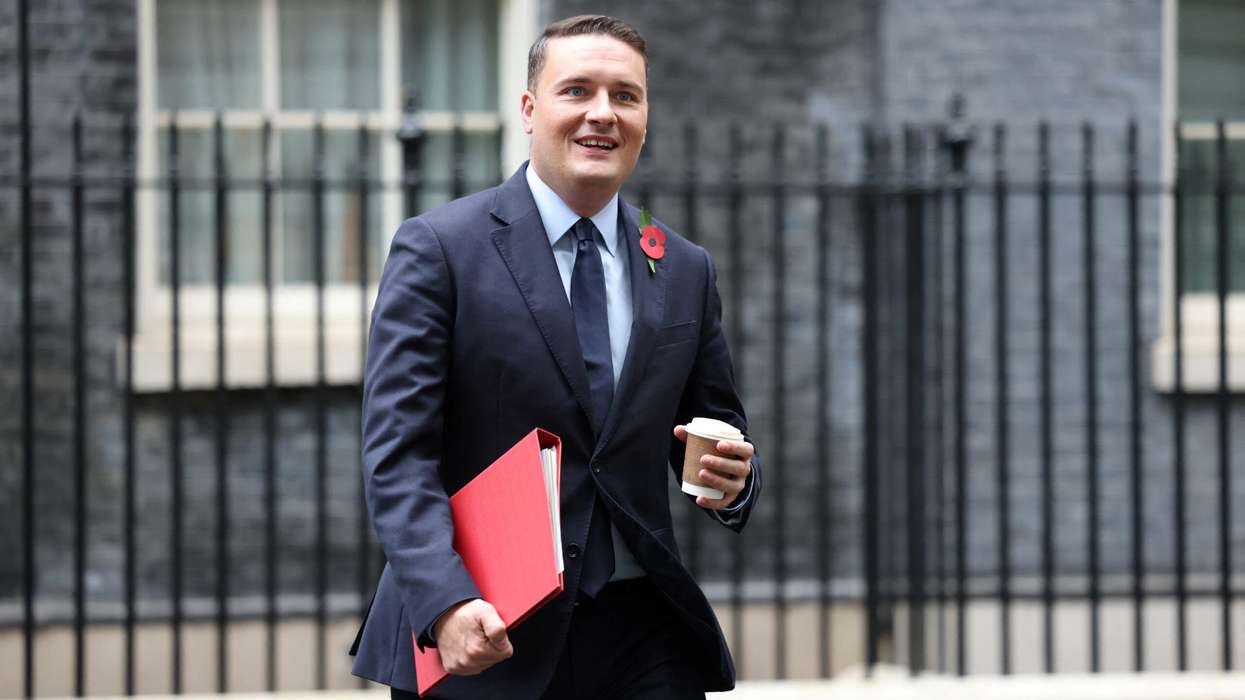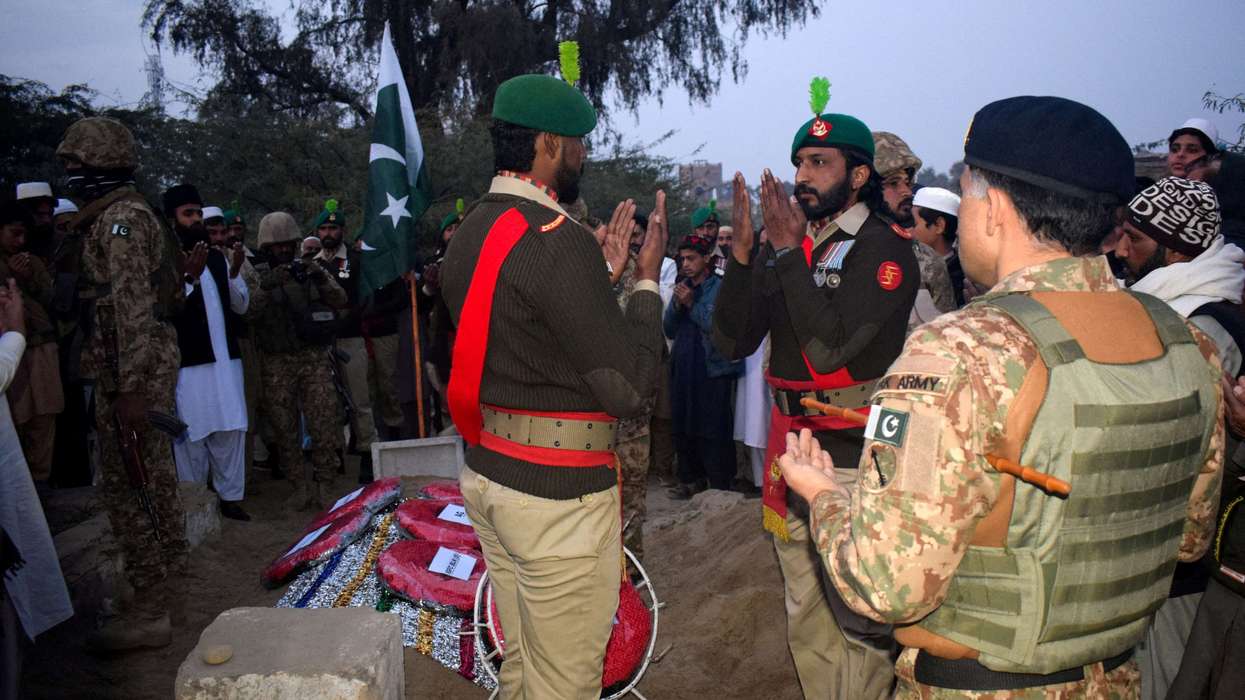PRIME MINISTER Keir Starmer hosted the anti-racism charity Show Racism the Red Card at a reception in Downing Street on June 2. The event was attended by former footballers and campaigners, including Shaka Hislop, who helped launch the charity nearly 30 years ago.
Starmer praised the charity's work and said, “This great charity, Show Racism the Red Card... has reached 1.3 million people,” noting its presence in schools, workplaces, and stadiums across the UK.
He spoke about the racist abuse faced by footballers and the importance of continuing to challenge discrimination.
Referring to the England team’s experience after the Euro 2021 final, he said, “Just as we think that we've made great strides forward, there's a brutal reminder: not so fast. Don't be complacent.”
Starmer said football had the power to bring people together and help build a more inclusive Britain. “Football is for everyone,” he said. “It gives people a leg up with skills, employability, and confidence.”
He cited several initiatives, including Arsenal’s Twinning Project and the Dirt Is Good campaign, as examples of how football is being used to address wider social issues.
Starmer concluded by inviting the campaigners to continue engaging with the government. “You're not just invited to be here — you are entitled to be here,” he said. “Put your fingerprints on the next policy... to make sure that we together shape a better future.”
The reception follows an open letter sent to Starmer in December 2024 by a coalition of seven organisations urging the government to “#TakeRacismSeriously” and improve support for young people affected by racism. Show Racism the Red Card has backed the campaign.
Show Racism the Red Card was established in January 1996, thanks in part to a donation by then Newcastle United goalkeeper Shaka Hislop.
In 1990s Newcastle, Shaka was at a petrol station near St James’ Park when he was confronted with a group of young people shouting racist abuse at him. After one of the group realised that they had been shouting at Shaka Hislop, the Newcastle United football player, they came over to ask for an autograph.





